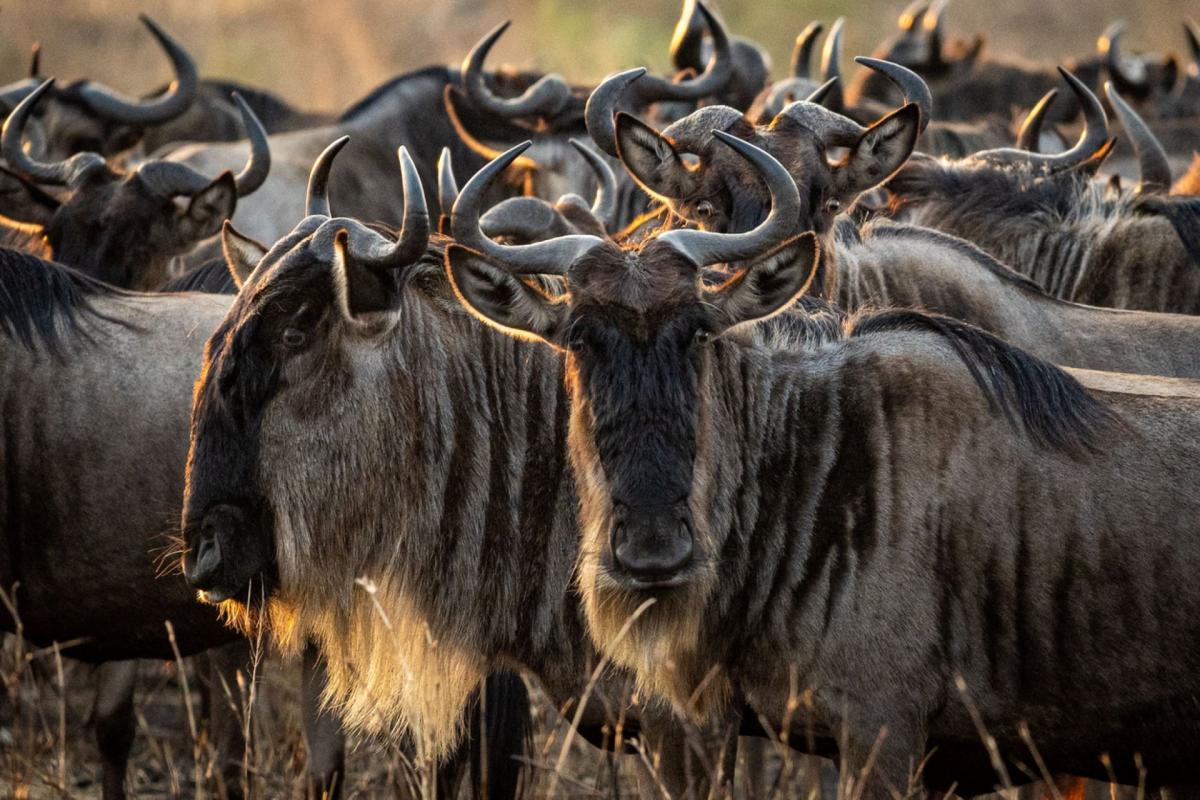Lion Park Harare is a sanctuary in Zimbabwe for lions and other wild animals, including wolves, jackals, monkeys, warthogs, and bush pigs. It allows tourists to observe these animals — many of which have been rescued from traps and the illegal pet trade — up close.
Unfortunately, interacting closely with human tourists does not always work out well for the animals. According to the park’s Facebook page, one of their wildebeest recently died, and the autopsy revealed that it had five plastic bags in its stomach.
“It’s truly disgusting and embarrassing to us as a people to be so irresponsible,” commented one user on the post.
What happened?
“Sad day today at the Lion Park Harare, we found one of our wildebeest dead in the park…” Lion Park Harare shared on Facebook. “After an autopsy was done they found 5 plastic bags in its stomach! This is why it is so important for all guests to use the dustbins provided and not litter in the game park!”
Why is this concerning?
Plastic pollution is an ever-growing problem. According to the United Nations Environment Programme, up to 5 trillion plastic bags, like the ones eaten by the wildebeest, are purchased every year, and half of all plastic produced is single-use, meaning that it is used once and then thrown away.
Ingesting plastic is harmful and, sadly, becoming more common for wild animals. A sick bear in Telluride, Colorado, was recently euthanized, and a necropsy found that its digestive tract had been blocked with plastic for months.
What can be done about it?
As Lion Park Harare wrote, it is important for guests who are visiting any animal sanctuary, nature preserve, national park, or other similar nature-related tourism attraction to follow the rules and not litter.
To be clear, we should not be littering anywhere, but doing so around animals that may be endangered or threatened is especially careless. Getting to experience nature and observe wild animals is a wonderful privilege and should always be undertaken with the priority of doing the least harm and respecting nature as much as we possibly can.
No one is perfect, but we can all learn from these cautionary tales. That means no littering, no approaching animals to take pictures, and none of the other myriad thoughtless behaviors that tourists unfortunately engage in all too often.
Join our free newsletter for cool news and cool tips that make it easy to help yourself while helping the planet.
